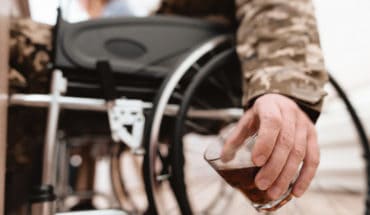We live in a fast-moving world. Somehow we never have enough time to eat properly, sleep for long enough, talk to our families or just sit and enjoy some guilt-free leisure time.
The quick fix lifestyle is now the only way most of us can get by. We have cars and planes to help us to travel faster, technology which keeps us in touch 24 hours a day and even exercise routines which are geared for speed.
But speed comes with a price. Experts are now unanimous that stress is likely to contribute to “metabolic syndrome”, a cluster of pathogenic mechanisms characterised by an accumulation of abdominal fat, a decrease in sensitivity to insulin, increased level of cholesterol, and heightened blood pressure.
‘Doctors’ waiting rooms are full of people suffering from a variety of ailments ranging from IBS to high blood pressure, skin disorders to migraines with just one cause in common – stress,’ says Dr Jack Edmonds a GP at The London Clinic.
‘They are doing everything far too fast and it’s giving them very real health problems. Everyone seems to expect far too much of themselves and take on too many commitments.’
Living in a constant state of ‘catching up’ puts tremendous pressure on our health because stress encourages the production of noradrenaline and adrenaline which increases the heart rate and puts pressure on the nervous system. ‘It leads to raised blood pressure which in turn can increase the likelihood of a stroke or heart attack.’
Cut down on flying
The boom in cut-price air travel means that many of us are frequent flyers and often work will expect us to fly rather than take less stressful options such as rail. But the ability to get there fast can come with a high price.
Flying has been associated with deep vein thrombosis (DVT), the combination of inactivity and dehydration, makes the blood more sticky and more likely to form a clot.
Research has shown that sitting down for more than five hours long by car, plane or train increase the risk of DVT fourfold.
‘Sitting for several hours in an air conditioned environment cause dehydration and your mucus membranes dry up quite quickly,‘ explains Dr Edmonds. ‘This causes sinus problem, blocked up noses, and even reduced urine output. There is also some evidence that it increases flare-ups of skin problems such as eczema and psoriasis.’
He advises people to fly less often, drink lots of water, avoid alcohol and try to move around the cabin during flight.
- January’s a Frost (1963) - 2nd January 2026
- Gen Z’s extreme health pledges - 2nd January 2026
- Use weight-loss jabs responsibly in 2026 - 2nd January 2026







